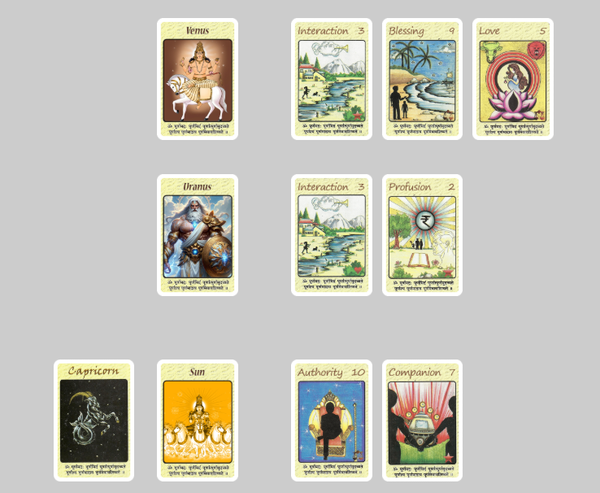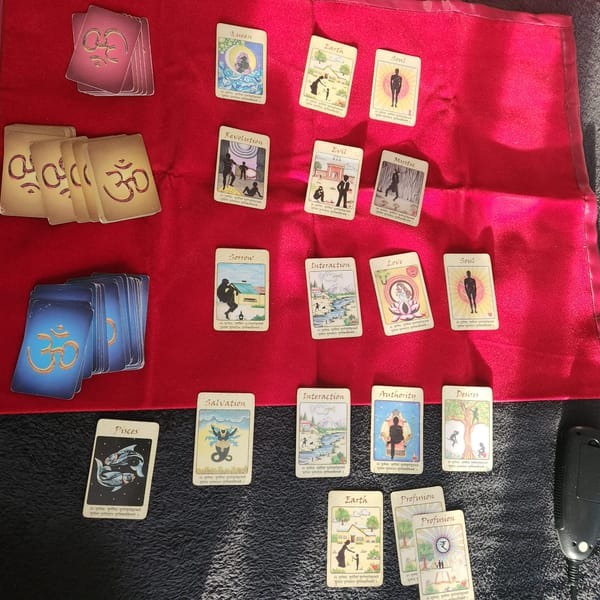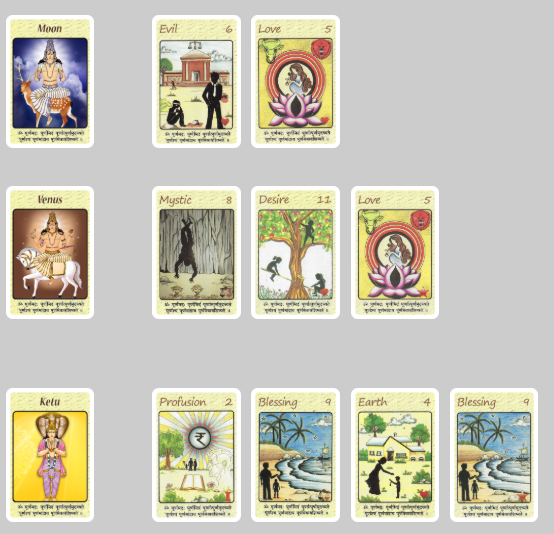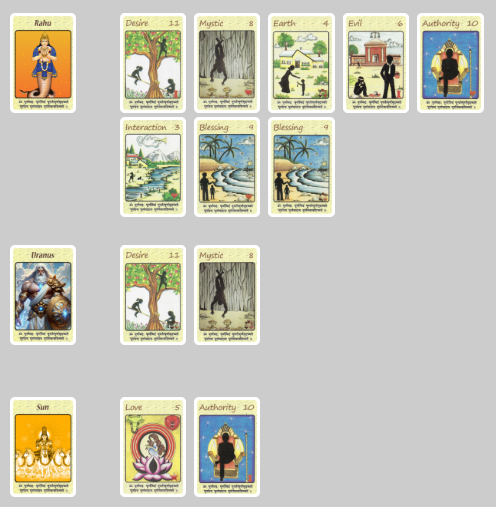The Story of Vishnu Sahasranama Katha: The Thousand Names of Lord Vishnu
The Vishnu Sahasranama, the "Thousand Names of Vishnu," is a revered hymn from the Mahabharata, revealed by Bhishma Pitamaha in the aftermath of the Kurukshetra war. #Vishnu #1000 #VishnuSahasranama #Mahabharata #Hinduism #Bhishma #DivineWisdom #SacredChants #OccultSanctum #SpiritualLegacy
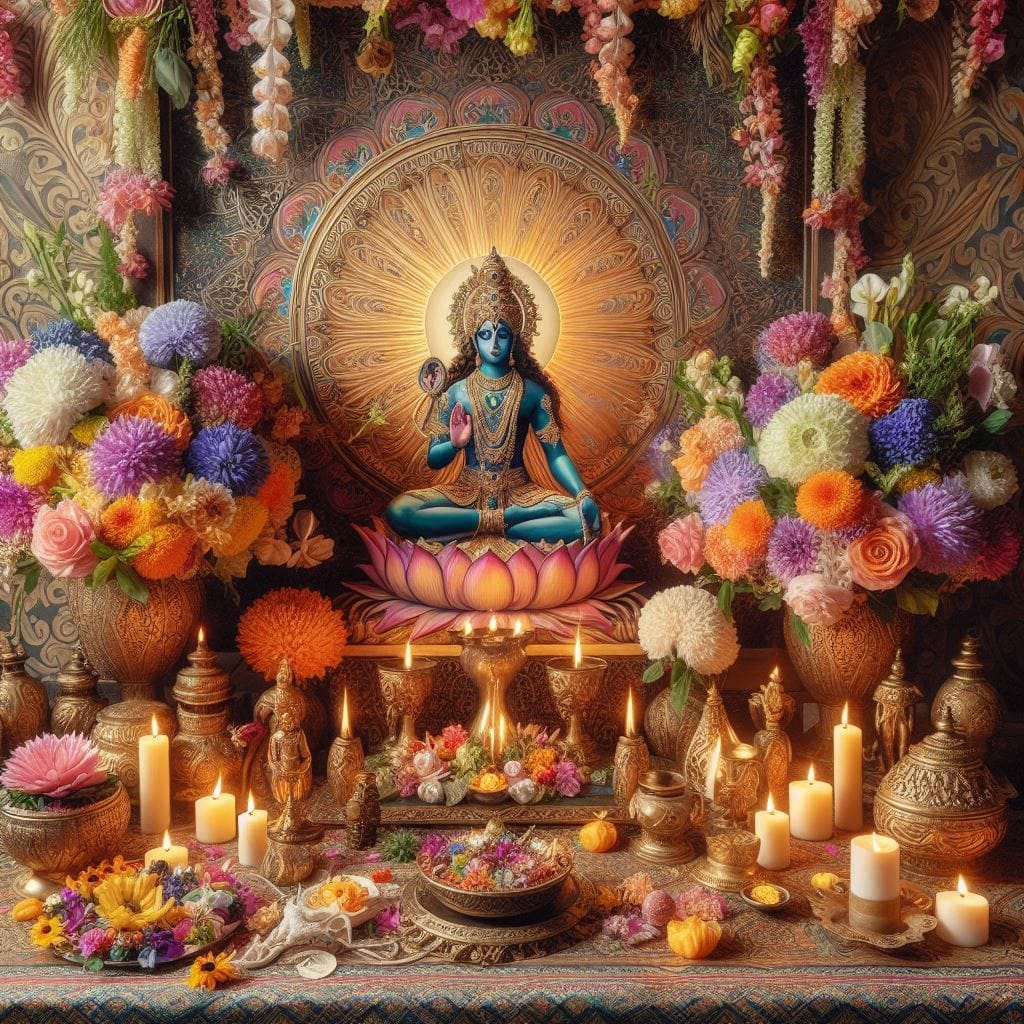
The Vishnu Sahasranama—the "Thousand Names of Vishnu"—is one of the most sacred hymns in Hinduism, found in the great epic Mahabharata. It is more than just a chant; it is a divine mantra that holds immense spiritual power. The story behind its revelation is deeply rooted in the Kurukshetra war, the wisdom of the great sage Bhishma, and the devotion of the Pandavas.
The Setting: The Aftermath of the Kurukshetra War
The war of Kurukshetra had finally come to an end. The mighty Kauravas had been defeated, and the righteous Pandavas had emerged victorious, but the battlefield was drenched in sorrow and loss. Among the warriors who had fought bravely was Bhishma Pitamaha, the grandsire of both the Pandavas and the Kauravas.
Bhishma, blessed with the boon of choosing his own time of death, lay wounded on a bed of arrows, placed there by Arjuna’s divine arrows. Though suffering, he was waiting for the auspicious time (Uttarayana) to leave his mortal body.
The Pandavas Seek Guidance
As Yudhishthira, the eldest of the Pandavas, approached Bhishma, his heart was heavy with concern. Even after winning the war, he felt lost—how should a king rule justly? How could one attain peace, dharma, and salvation?
Realizing that his time on earth was short, Bhishma shared his wisdom, speaking on righteousness (dharma), devotion (bhakti), and the supreme truth (Brahman). Then, Yudhishthira asked the most important question:
"Who is the supreme being in this universe? By worshiping whom can one attain liberation and peace?"
The Revelation of Vishnu Sahasranama
Bhishma, despite his pain, smiled and said:
"The Supreme Being is none other than Lord Vishnu. He is eternal, beyond time, beyond birth and death. Worshiping Him with devotion brings peace, prosperity, and liberation."
Then, from his divine wisdom, Bhishma recited the thousand names of Lord Vishnu—a sacred hymn that glorified the many divine qualities of the Lord. Each name represented a unique aspect of Vishnu, describing His infinite power, mercy, and role as the protector of the universe.
As Bhishma chanted the Vishnu Sahasranama, the atmosphere became divine, and the sages, gods, and celestial beings listened in devotion. Even Lord Krishna, the Supreme Himself, stood there, smiling, as His own thousand names were being sung.
The Power and Blessings of Vishnu Sahasranama
After reciting the hymn, Bhishma told Yudhishthira:
"One who chants these names with faith shall be blessed with wisdom, prosperity, and liberation. Even in difficult times, the mere remembrance of Vishnu’s names removes sins and grants eternal peace."
Thus, the Vishnu Sahasranama was revealed to the world as a divine gift, a path to devotion and salvation.
Conclusion: A Hymn for All Time
From that day, Vishnu Sahasranama became one of the most revered prayers in Hinduism. It is chanted by devotees seeking peace, strength, and divine blessings. Even today, millions recite it daily, believing in its power to remove suffering and bring them closer to Lord Vishnu.
Bhishma’s final gift to humanity was not just a hymn—it was a bridge to the divine, a song of devotion, and a path to eternal bliss
